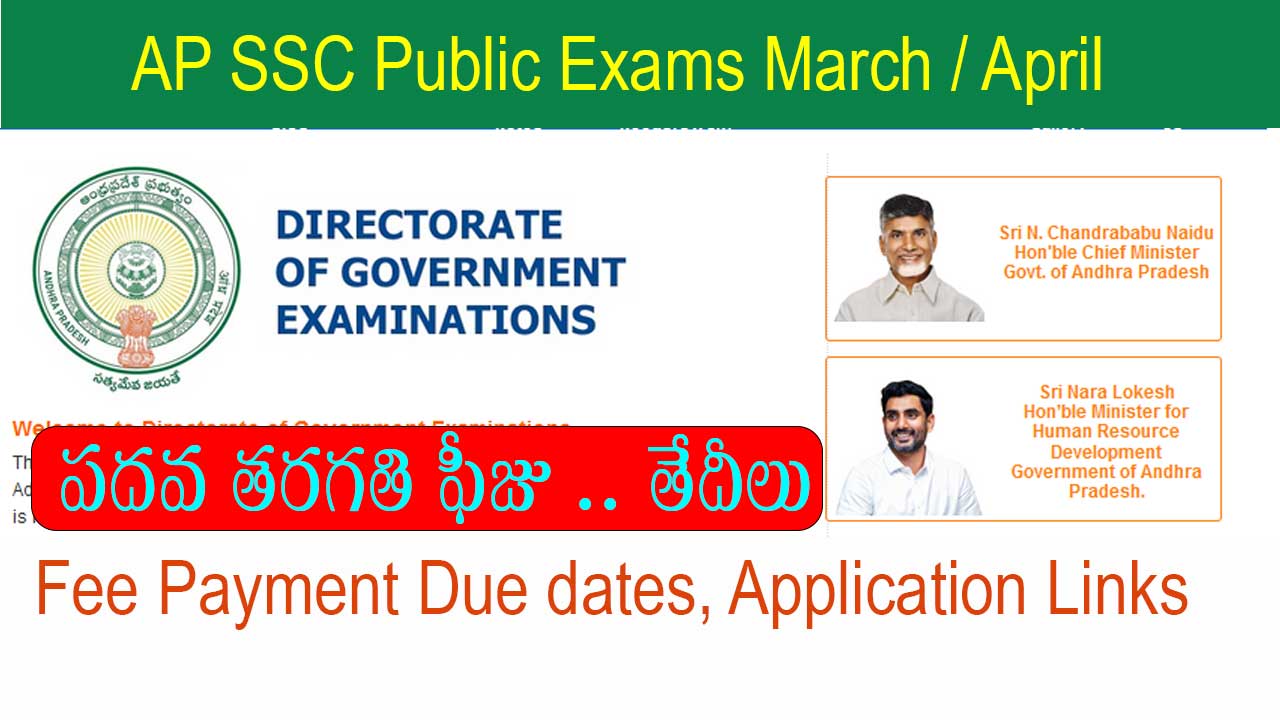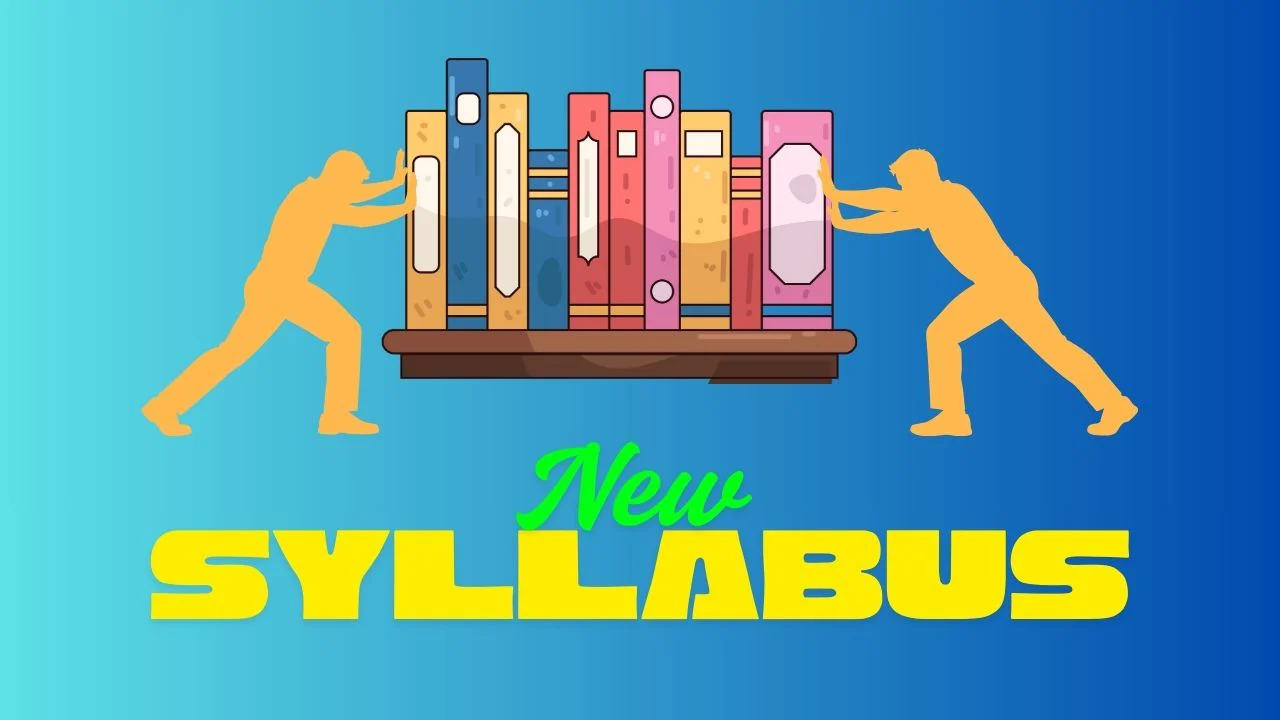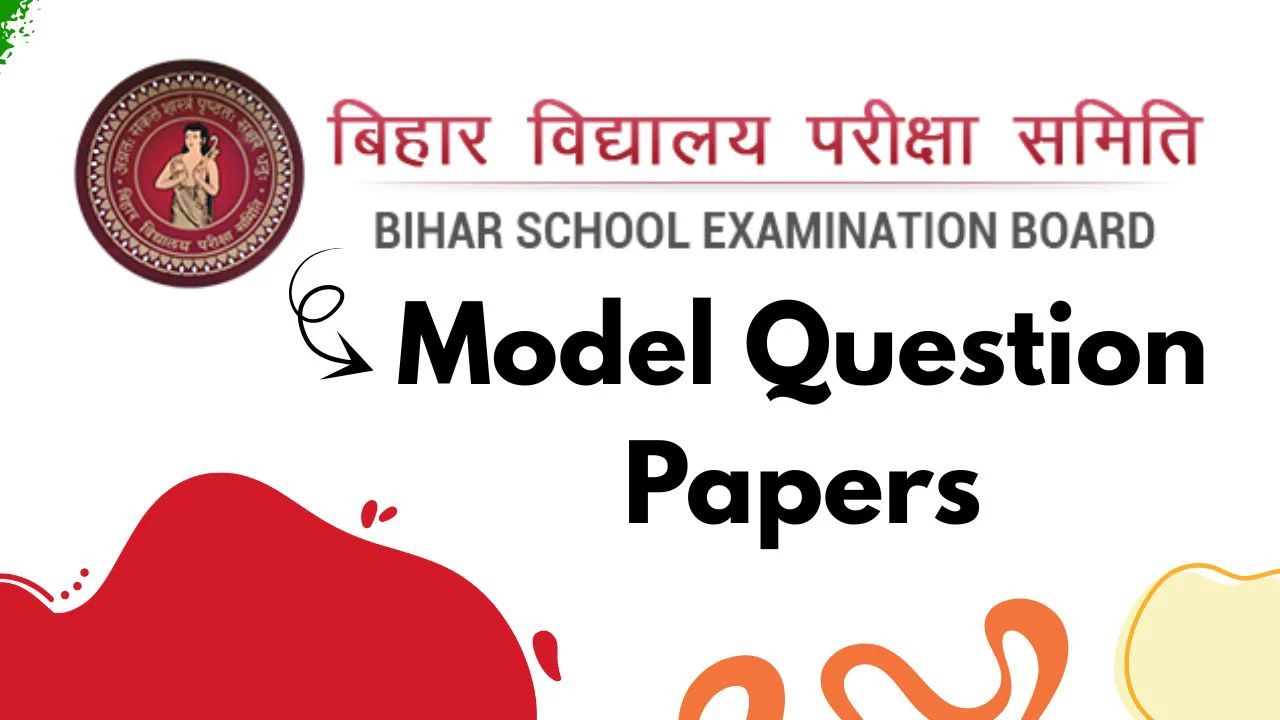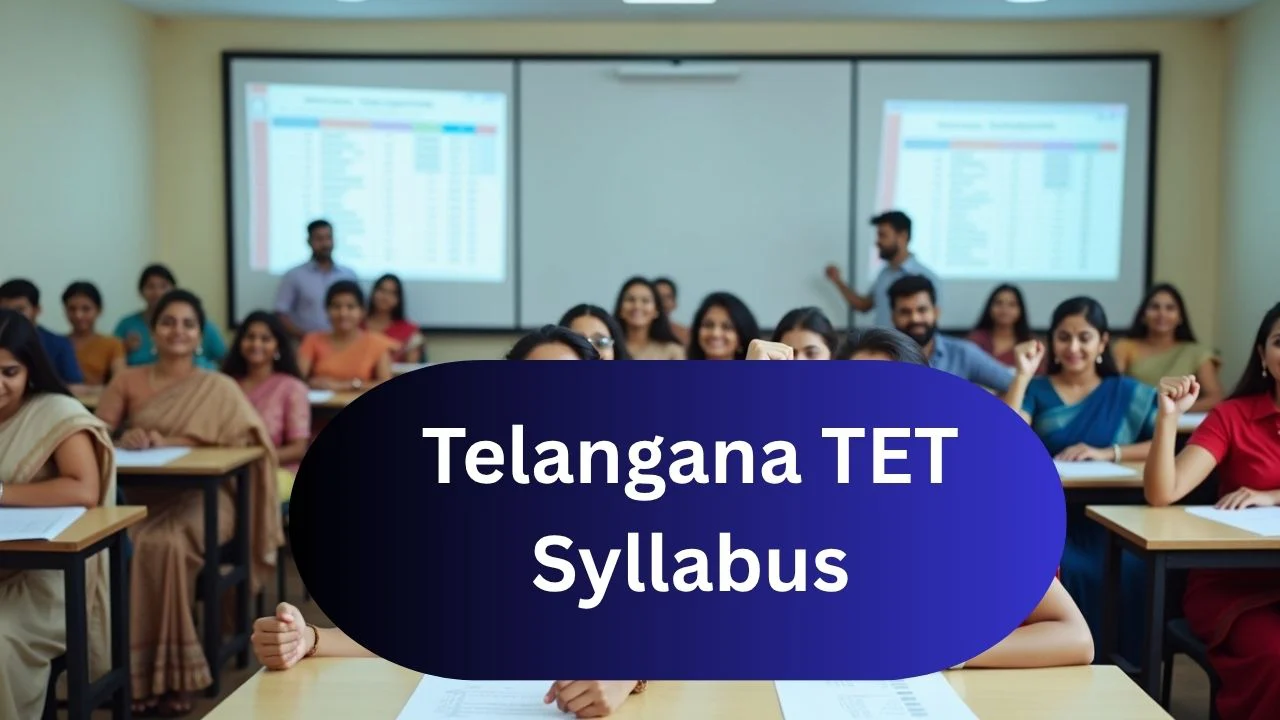CBSE Class 11 Political Science Syllabus 2021: Political Science deals with the theory and practice of government and politics at the local, state, national, and international levels. Here you will develop the understandings of institutions, practices, and relations that constitute public life and modes of inquiry that promote citizenship.
NCERT Class 11 Revised political Science Syllabus
In this CBSE Arts Stream Subject, you will learn about the various political situation in India and across the world. Political Science plays an essential role in CBSE Class 12 Exam for Arts Stream. If you want to know about Indian Politics and World Politics, then the subject is for you. It is also essential for those who want to pursue higher degrees or Research in Political Science.
CBSE Class 11 Political Science Exam Structure
| Unit | Topic | Marks |
| Part A: Indian Constitution at Work | 50 | |
| 1. | Philosophy of the Constitution | 12 |
| 2. | Rights of the Indian Constitution | |
| 3. | Election and Representation | 10 |
| 4. | Executive | |
| 5. | Legislature | 10 |
| 6. | Judiciary | |
| 7. | Federalism | 10 |
| 8. | Local Governments | |
| 9. | Constitution as a Living Document | 8 |
| Part B: Political Theory | 50 | |
| 10. | Political Theory: An Introduction | 10 |
| 11. | Freedom | |
| 12. | Equality | 10 |
| 13. | Social Justice | |
| 14. | Rights | 10 |
| 15. | Citizenship | |
| 16. | Nationalism | 10 |
| 17. | Secularism | |
| 18. | Peace | 10 |
| 19. | Development | |
Detailed CBSE Class 11 Political Science Syllabus PDF
Part A: Indian Constitution at Work
1. Philosophy of the Constitution
The making of the Constitution, the constituent Assembly, Procedural achievements, and Philosophy of the Constitution.
2. Rights in the Indian Constitution
The importance of Rights, Fundamental Rights in the Indian Constitution, Directive Principles of State Policy, Relationship between Fundamental Rights and Directive Principles.
3. Election and Representation
Elections and Democracy, Election System in India, Reservation of Constituencies, Free and Fair Elections, Electoral Reforms.
4. Legislature
Why do we need a Parliament? Two Houses of Parliament. Functions and Power of the Parliament, Legislative functions, control over Executive. Parliamentary committees. Self-regulation.
5. Executive
What is an Executive? Different Types of Executive. Parliamentary Executive in India, Prime Minister, and Council of Ministers. Permanent Executive: Bureaucracy.
6. Judiciary
Why do we need an Independent Judiciary? Structure of the Judiciary, Judicial Activism, Judiciary and Rights, Judiciary and Parliament.
7. Federalism
What is Federalism? Federalism in the Indian Constitution, Federalism with a strong Central Government, conflicts in India’s federal system, Special Provisions.
8. Local Governments
Why do we need Local Governments? Growth of Local Government in India, 73rd and 74th Amendments, implementation of 73rd and 74th Amendments.
9. Constitution as a Living Document
Are Constitutions static? The procedure to amend the Constitution. Why have there been so many amendments? Basic Structure and Evolution of the Constitution. Constitution as a Living Document.
Part B: Political Theory
10. Political Theory: An Introduction
What is Politics? What do we study in Political Theory? Putting Political Theory to practice. Why should we study Politial Theory?
11. Freedom
The Ideal of Freedom. What is Freedom? Why do we need constraints? Harm principle. Negative and Positive Liberty.
12. Equality
Significance of Equality. What is Equality? Various dimensions of Equality. How can we promote Equality?
13. Social Justice
What is Justice? Just Distribution. Justice as fairness. Pursuing Social Justice.
14. Rights
What are Rights? Where do Rights come from? Legal Rights and the State. Kinds of Rights. Rights and Responsibilities.
15. Citizenship
What is citizenship? Citizen and Nation, Universal Citizenship, Global Citizenship.
16. Nationalism
Nations and Nationalism, National Self-determination, Nationalism and Pluralism.
17. Secularism
What is Secularism? What is Secular State? The Western and the Indian approaches to Secularism. Criticisms and Rationale of Indian Secularism.
18. Peace
What is Peace? Can violence ever promote peace? Peace and the State. Different Approaches to the pursuit of peace. Contemporary challenges to peace.
19. Development
What is development? Criticism of the dominant. Development Model. Alternative conceptions of development.
Direct Link to Download CBSE Class 11 Political Science Syllabus pdf
Important Links to Download CBSE Syllabus for Class 11 Political Science
Download CBSE Class 11 Political Science |
Also Get NCERT Text Books for Class 11 Political Science |









